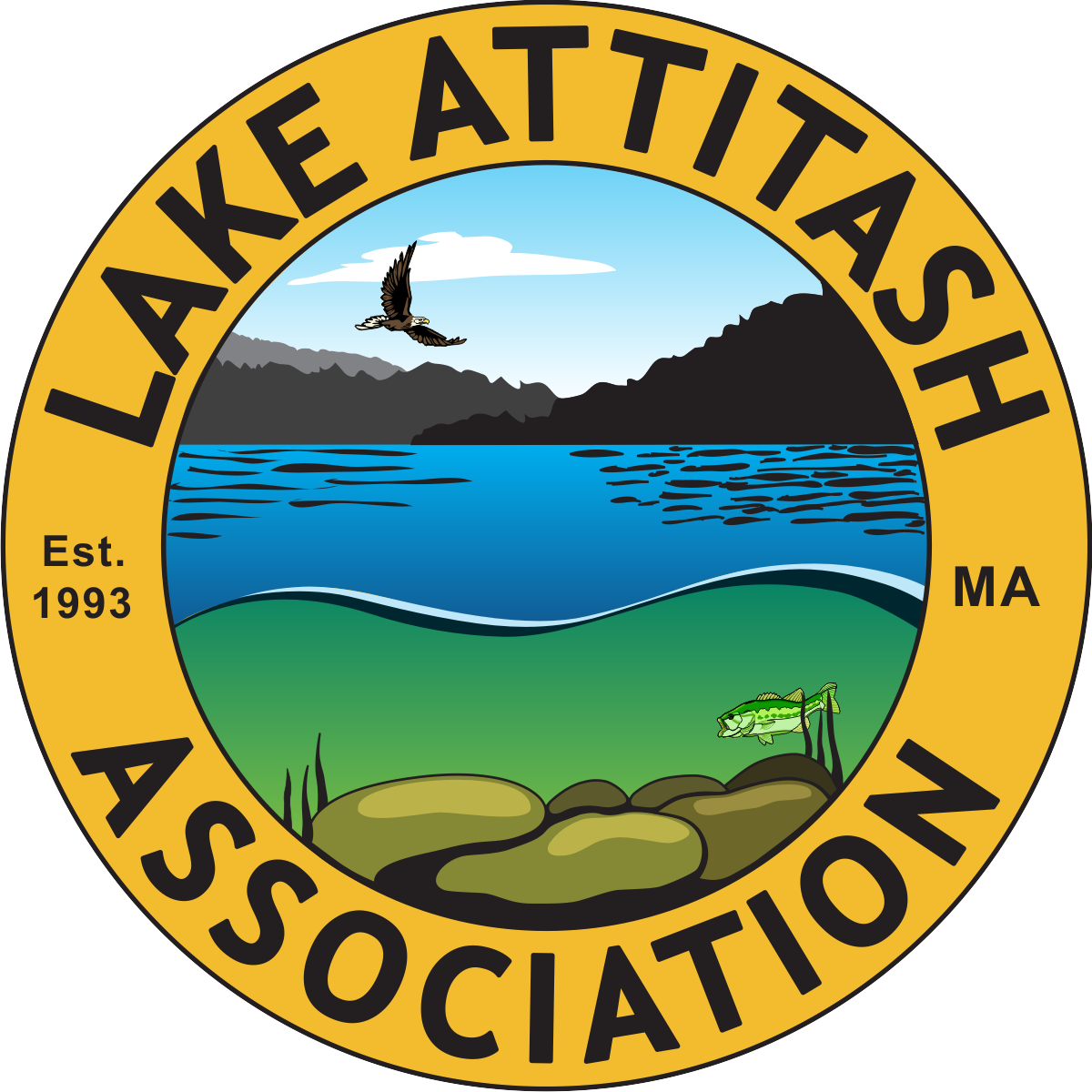Protecting the Lake: Motorized Vehicles, Boats and Other Hazardous Waste

We all live in the watershed of Lake Attitash. We all want clean water that is fun, safe for swimming and boating and beautiful to look at. What about all our motorized cars, boats and more???!

In recent years, sources of water pollution like industrial waste from factories have been greatly reduced. Now, more than 60 percent of water pollution comes from things like cars leaking oil, fertilizers from farms and gardens, pet waste, lawns and yard products, and failing septic tanks. All these sources add up to a big pollution problem. But each of us can do small things to help clean up our water too – and that adds up to a pollution solution!
Never, never, never pour motor oil, paint, detergents or other hazardous waste down a storm drain or into the ground.
Why do we need clean water? Having clean water is of primary importance for our health and economy. Clean water provides recreation, commercial opportunities, fish habitat, drinking water, and adds beauty to our landscape. Lake Attitash is a secondary drinking water supply for the City of Amesbury. We all have a responsibility to protect our lakes, rivers, streams, marine, and ground waters clean.
Washing cars and boats and ….. When you wash your car or your boat on a black top driveway or in the road, all the soap, scum, and oily grit runs down slopes, into the lake or into a storm drain and directly into our lake. That causes pollution which is unhealthy for everyone. So how do you avoid this whole mess? Wash your car on the grass or gravel instead of the street so that it can be filtered by the soil. Or better yet, take it to a car wash where the water gets treated or recycled.
What’s the problem with car washing? There’s no problem with washing your car. It’s just how and where you do it. The average driveway car wash uses a total of 116 gallons of water! Most commercial car washes use 60 percent less water in the entire washing process than a simple home wash uses just to rinse off a car. Most soap contains phosphates and other chemicals that harm fish and impact water quality. The soap, together with the dirt and oil washed from your car, flows into nearby storm drains which run directly into lakes, rivers, or marine waters. The phosphates from the soap can cause excess algae to grow. Algae look bad, smell bad, and harm water quality. As algae decay, they use up oxygen in the water that fish and other wildlife need.
Clean Water Tips: How can you wash your car and help keep our waters clean?
• Use soap sparingly. Use a hose nozzle with a trigger to save water.
• Pour your bucket of soapy water down the sink when you’re done, not in the street. Or wash your car on a grassy area so the ground can filter the water naturally.
• Best of all, take your car to a commercial car wash, especially if you plan to clean the engine or the bottom of your car. Most car washes reuse wash water several times before sending it to the sewer system for treatment.

Motor Oil: When your car, boat or snowmobile motor leaks oil on the street, the oil goes from car to street and then gets washed into the storm drain and into our lake. Imagine the number of cars in the area and you can imagine the amount of oil that finds its way from leaky gaskets into our water. So please, fix oil leaks.
What’s the problem with motor oil? Oil doesn’t dissolve in water. It lasts a long time and sticks to everything from beach sand to bird feathers. Oil and petroleum products are toxic to people, wildlife, and plants. One quart of motor oil can pollute 250,000 gallons of water, and one gallon of gasoline can pollute 750,000 gallons of water! Oil that leaks from our cars onto roads and driveways is washed into storm drains, and then usually flows directly into a lake or stream. Used motor oil is the largest single source of oil pollution in lakes, streams, and rivers. Americans spill 180 million gallons of used oil each year into the nation’s waters. This is 16 times the amount spilled by the Exxon Valdez in Alaska!
Clean Water Tips: How can you maintain your vehicle and help keep waters clean?
• Check for oil leaks from your vehicle regularly and fix them promptly!
• Never dispose of oil or other engine fluids down the storm drain, on the ground, or into a ditch. In Massachusetts, every gas station or store that sells motor oil is required by law to accept up to 2 gals per day per person of used motor oil, provided the oil was bought at their business. Save your receipts. Or buy your new oil and use that receipt to return the used motor oil. Pour your used motor oil into a sturdy capped container such as a detergent bottle or milk bottle.
• You can also dispose of used motor oil and other hazardous household waste (paint, turpentine, antifreeze etc) on each town’s Hazardous Waste Collection Day. Check with your town for the next one.
• Buy recycled oil to use in your car.
• Use drop cloths or drip pans beneath your vehicle if you have leaks or are doing engine work. Clean up spills!
